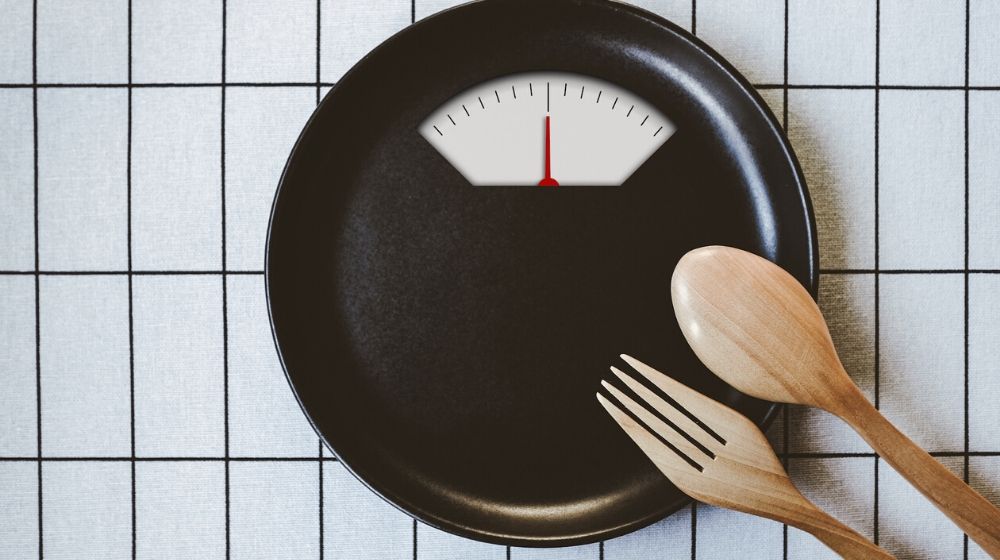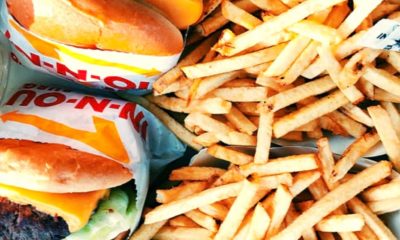Health
Why Do Diets Fail? Myths Debunked

I am a medically trained research professor at King’s College London. In 1992 I founded twinsuk, a twin registry which has more than 14,000 twins and is now the richest collection of genotypic and phenotypic information worldwide.
My current research focus is in personalized medicine and the microbiome. I also direct the crowdfunded British Gut microbiome project. Outside work I am a very active person and a weekend on my bike, skiing or hiking is always a winner.
In this day and age, and with the rise of social media, diets are evolving, and taking on new forms (“clean-eating”, for one, which is masked on Instagram behind beautiful grids of images of smiling people holding plates of vegetables and feigning “health”). Why do you think they are so popular, and how do you think technology has made them more complex?
People want simple solutions to click and it is easy to follow a guru that looks great and has all the solutions. The problem is that there are too many gurus with many different theories. At the same time the internet and all the social media streams provide instant access to lots of information, most of which cannot be easily verified or scientifically proven.
Diets can result in the metabolism slowing down in response to calorie restriction, and the weight rebound can then cause depression
A lot of information we receive about food and health does not come from a medically trained expert and is just the result of personal experience or beliefs with no scientific foundation. Much bad advice comes indirectly from the food industry. At best this can cause us to waste our time and efforts on tips that do not work, at worst it can be detrimental to our health.
So, why do most diets fail? In short, because of boredom and their reliance on calorie restriction – which always fails, as it requires a level of sacrifice that is difficult to maintain in the long term.
Many diets ultimately result in weight plateau – or gain – but the physical and mental effects can be severe. The metabolism slows downs in response to calorie restriction and the weight rebound often causes depression and overeating. We also know that a reduced microbiome diversity in the gut often caused by a restrictive diet is related to depression and mood changes.
So how can we collectively tackle the diet epidemic? By tackling the root causes – false information, better education and reducing junk food and snacking.
As Christmas and the New Year approach – times of glutton and then restriction respectively – it is important to maintain greater mindfulness about the importance of the quality of food consumed during this period, as well as the importance of meal timing and leaving gaps between meals, and how these things can impact the health of your gut microbes.
Tim will be leading a masterclass in January about making healthier nutritional choices. Book tickets here.
Copyright © 2019 theguardian.com. All rights reserved.













